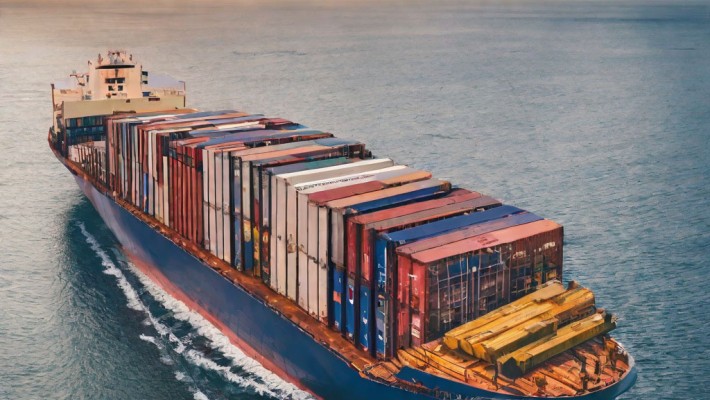Freight Forwarder Insights
Huin International Logistics Latest Articles
Differences Among FAK, FIX, NVO, and BCO Ocean Freight Contracts
FAK (Freight All Kinds) – Uniform Rate
In ocean freight, regardless of whether your cargo is electronics, clothing, or machinery, as long as it is shipped in the same type of container, the freight is calculated at a uniform rate.
Advantages:
Cargo owners don’t need to calculate complex fees and can easily determine the shipping cost, making it convenient for cost budgeting. It is particularly flexible for cargo owners dealing with various types of goods, shipping in small quantities, or uncertain about the specific goods to be shipped.
Disadvantages:
For light but voluminous cargo or high-value goods, this uniform pricing may not be cost-effective, as the rate is not adjusted based on the specific characteristics of the cargo.
FIX (Fixed Rate)
This is like signing a contract that stipulates a fixed rate for a certain period, regardless of market fluctuations. For example, if a cargo owner signs a three-month FIX contract with a freight forwarder at $1.200 per container, the freight remains the same throughout the period, irrespective of market changes.
Advantages:
Cargo owners are shielded from market volatility and can clearly calculate freight costs in advance, aiding production and sales planning.
Disadvantages:
If market rates drop, the cargo owner still has to pay the fixed rate, leading to higher costs. Additionally, the fixed rate is only valid for a specific period, after which the rate must be renegotiated.
NVO (Non-Vessel Operating Common Carrier)
An NVO acts as an intermediary. It doesn’t own vessels but accepts cargo from shippers, issues its own bills of lading, and contracts with actual carriers for transportation. An NVO serves as a resource integrator, collaborating with multiple carriers. This provides shippers with a variety of transport options and personalized services, such as tailored transport modes and pricing plans.
Advantages:
NVOs offer diverse services to meet different shipper needs and often secure competitive rates and better shipping guarantees through resource integration.
Disadvantages:
Since NVOs don’t own vessels, shippers must assess their creditworthiness and capabilities to minimize transportation risks. Disputes may arise over responsibilities between the NVO and the actual carrier in case of issues.
BCO (Beneficial Cargo Owner)
The BCO is the actual owner of the cargo and is responsible for arranging its transportation.
Advantages:
BCOs can directly sign transport contracts with carriers or freight forwarders, giving them greater control over the shipping process. Establishing long-term partnerships can also secure better rates and services.
Disadvantages:
The workload is heavier, as BCOs must handle booking, customs clearance, insurance, and other logistics tasks themselves. They are also responsible for managing and bearing any risks or losses if issues arise during transportation.
